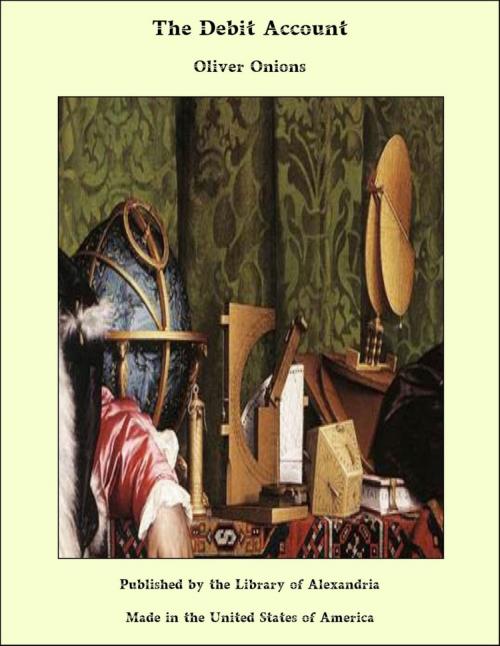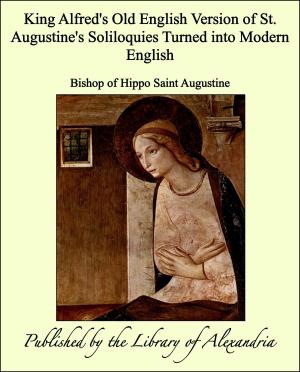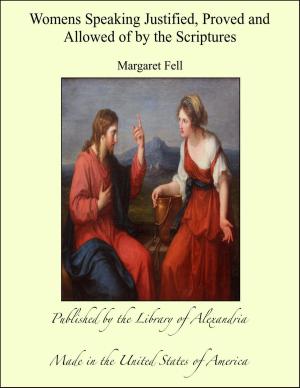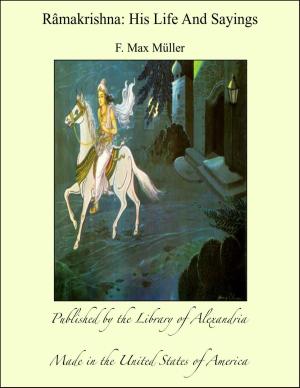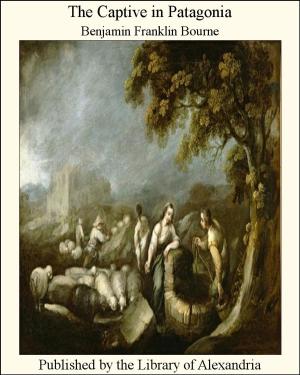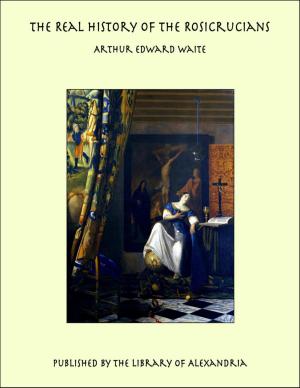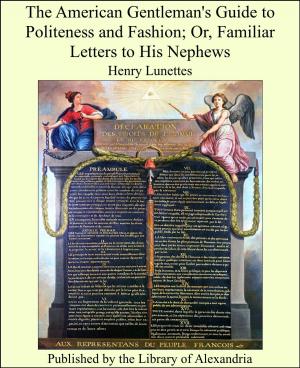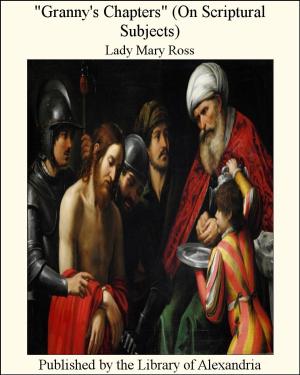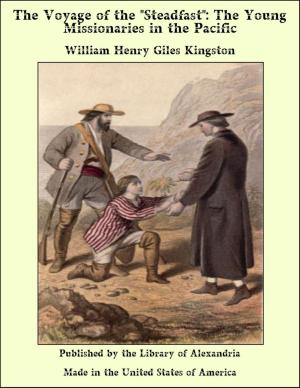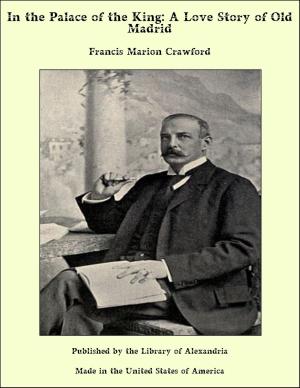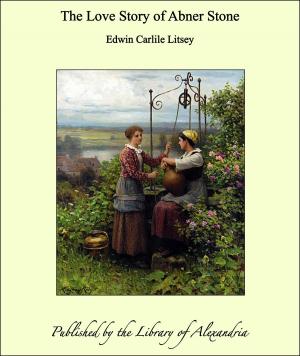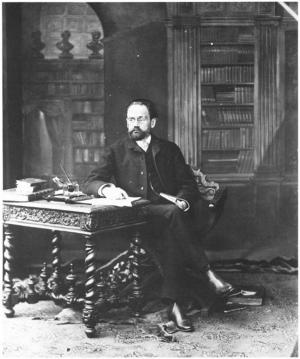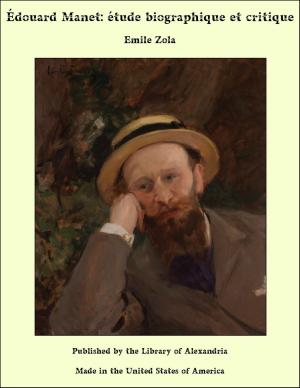| Author: | Oliver Onions | ISBN: | 9781465602602 |
| Publisher: | Library of Alexandria | Publication: | March 8, 2015 |
| Imprint: | Language: | English |
| Author: | Oliver Onions |
| ISBN: | 9781465602602 |
| Publisher: | Library of Alexandria |
| Publication: | March 8, 2015 |
| Imprint: | |
| Language: | English |
One day in the early June of the year 1900 I was taking a walk on Hampstead Heath and found myself in the neighbourhood of the Vale of Health. About that time my eyes were very much open for such things as house-agents' notice-boards and placards in windows that announced that houses or portions of houses were to let. I was going to be married, and wanted a place in which to live. My salary was one hundred and fifty pounds a year. I figured on the wages-book of the Freight and Ballast Company as "Jeffries, J. H., Int. Ex. Con.," which meant that I was an intermediate clerk of the Confidential Exchange Department, and to this description of myself I affixed each week my signature across a penny stamp in formal receipt of my three pounds. I could have been paid in gold had I wished, but I had preferred a weekly cheque, and I took care never to cash this cheque at our own offices in Waterloo Place. I did not wish it to be known that I had no banking account. As a matter of fact, I now had one, though I should not have liked to disclose it to the Income Tax Commissioners. The reason for this reticence lay in the smallness, not in the largeness, of my balance. I had learned that in certain circumstances it pays you to appear better off than you are. It was a Sunday, a Whit-Sunday, on which I took my walk, and on my way up from Camden Town across the Lower Heath I had passed among the canvas and tent-pegs and staked-out "pitches" that were the preparation for the Bank Holiday on the morrow. Tall chevaux de frises of swings were locked back with long bars; about the caravans picked out with red and green, the proprietors of cocoanut-shies and roundabouts smoked their pipes; and up the East Heath Road there rumbled from time to time, shaking the ground, a traction-engine with its string of waggons and gaudy tumbrils.
One day in the early June of the year 1900 I was taking a walk on Hampstead Heath and found myself in the neighbourhood of the Vale of Health. About that time my eyes were very much open for such things as house-agents' notice-boards and placards in windows that announced that houses or portions of houses were to let. I was going to be married, and wanted a place in which to live. My salary was one hundred and fifty pounds a year. I figured on the wages-book of the Freight and Ballast Company as "Jeffries, J. H., Int. Ex. Con.," which meant that I was an intermediate clerk of the Confidential Exchange Department, and to this description of myself I affixed each week my signature across a penny stamp in formal receipt of my three pounds. I could have been paid in gold had I wished, but I had preferred a weekly cheque, and I took care never to cash this cheque at our own offices in Waterloo Place. I did not wish it to be known that I had no banking account. As a matter of fact, I now had one, though I should not have liked to disclose it to the Income Tax Commissioners. The reason for this reticence lay in the smallness, not in the largeness, of my balance. I had learned that in certain circumstances it pays you to appear better off than you are. It was a Sunday, a Whit-Sunday, on which I took my walk, and on my way up from Camden Town across the Lower Heath I had passed among the canvas and tent-pegs and staked-out "pitches" that were the preparation for the Bank Holiday on the morrow. Tall chevaux de frises of swings were locked back with long bars; about the caravans picked out with red and green, the proprietors of cocoanut-shies and roundabouts smoked their pipes; and up the East Heath Road there rumbled from time to time, shaking the ground, a traction-engine with its string of waggons and gaudy tumbrils.
